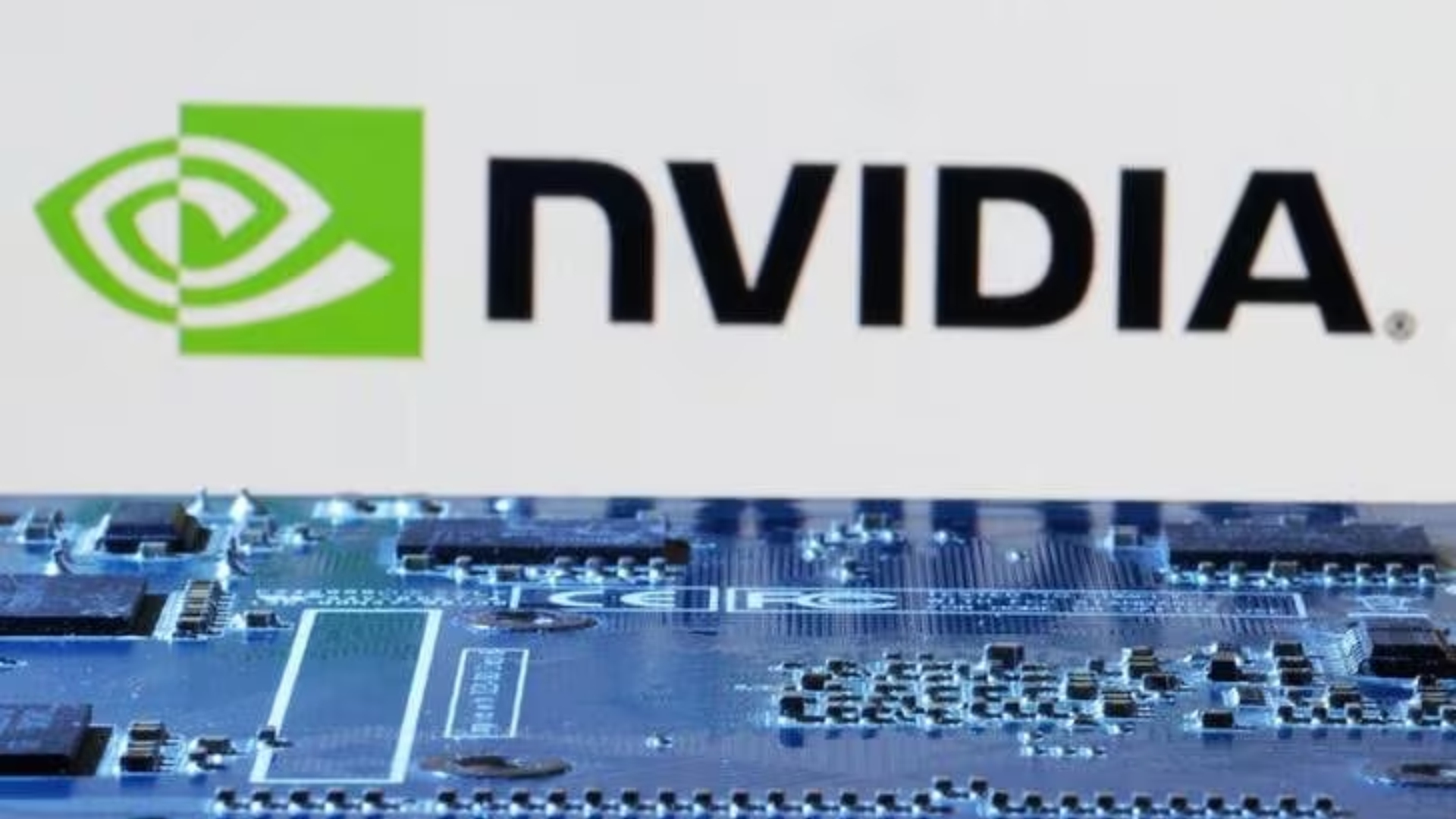(Reuters) – Chipmaker Nvidia is replacing Tesla as Wall Street’s most traded stock, adding to its prominence after becoming the third-most valuable U.S. company and showing more evidence of how central AI-related bets have become to investors.

About $30 billion worth of Nvidia shares changed hands daily on average over the past 30 sessions, pulling ahead of Elon Musk’s electric car maker, which averaged $22 billion per day over the same period.
Tesla since 2020 had dominated daily U.S. stock trading, according to LSEG data, with turnover — a stock’s share price multiplied by the number of shares exchanged — peaking above $35 billion several times in recent years.

On Friday, combined trading in Nvidia and Super Micro Computer, another company benefiting from the boom in AI, accounted for over 40% of all turnover of the 10 most traded U.S. stocks, including Tesla, Meta Platforms, Apple, Amazon and Microsoft.
“There’s an argument here that this is the dawn of a new era of trading, like the dawn of the internet, with Nvidia in the pole position,” said Dennis Dick, a trader at Triple D Trading in Ontario, Canada.
But Dick also warned that sky-high turnover in AI-related stocks suggests retail investors and algorithmic traders are driving share prices higher based on momentum rather than fundamentals, such as expectations of future revenue growth.
Super Micro, which sells AI-related server components to Nvidia, has seen its value more than triple to $45 billion so far in 2024. It tumbled 20% from record highs on Friday after Wells Fargo started covering the stock with an equal weight rating, saying its valuation already discounts “solid upside”.
Nvidia controls about 80% of the high-end AI chip market, and last week its market capitalization eclipsed, separately, Amazon’s and Alphabet’s to make it Wall Street’s third-most valuable company, behind Microsoft and Apple. Nvidia’s stock market value has surged to $1.8 trillion from $540 billion a year ago.
Meanwhile, Tesla’s stock has tumbled 20% so far in 2024 as it struggles with tepid demand for its electric cars and growing competition.
Reporting by Noel Randewich; Editing by Cynthia Osterman











